FRYEBURG — Maine has no shortage of border collies, the quintessential black-and-white herding dog, but sheepdog trials where border collies put their herding skills on display are not common.
Nonetheless, those in Maine who run sheepdogs in trials are as enthusiastic as their pups.
“We don’t have many handlers in Maine. There are not many people who train border collies here,” said Gabe Merrill of Brownfield, who competed with her dogs at the Fryeburg Fair sheepdog trial last weekend.
“There is a girl in the Midcoast who trains them and another who trains them in Massachusetts. Not many around here do.”
At Maine’s largest agricultural fair, just two of the 20 dog handlers who competed were from Maine. Normally the Fryeburg Fair might draw as many as 40 to 50 handlers from around the Northeast and Canada, but the number was down this year, said Lynn Deschambeault of Denmark, one of the Fryeburg trial’s two announcers. Some of the nation’s best sheepdogs were at large competitions in Ontario and Pennsylvania.
“A lot of us train our own dogs,” Deschambeault said. “It’s expensive. A trained dog can start at $5,000 and go up from there. It’s more common in the South. Those handlers compete all year long.”
The two Mainers competing in the Fryeburg Fair dog trial were Deschambeault and Merrill, the trials’ director.
Roger Deschambeault, who lives just over the New Hampshire border in East Conway, is Lynn’s father and Gabe’s brother, and one of the few other local handlers, but one with much experience. Roger Deschambeault, a border collie breeder for 40 years, has taken dogs to the national dog trial championships. But of the border collies Deschambeault breeds and sells in Maine, he said only 10 percent go on to compete in dog trials – the majority are used as farm dogs.
Deschambeault, 75, said Maine’s largest sheepdog trial is really quite small-time. The bigger competitions that draw more handlers are on a bigger playing field: a 1,000-yard farm field as opposed to the one at Fryeburg, which was only a few hundred yards. Deschambeault still competes with his dogs in New York, Pennsylvania and Florida. But he competes at Fryeburg and provides the sheep for the dog trial because it’s right next door, and he loves to share the work of herding dogs.
“She’s proven herself,” Deschambeault said of his border collie, Nell. “Her father was in the world championship dog trial. He’s from Ireland.”
One thing the Fryeburg dog trial shows: The work done by handler and dog in a competition is not easy.
The dogs need to move the sheep through several obstacles as a pack but within a time limit. In just five minutes the dogs – with help from their handler’s direction – need to push four sheep through barriers.
“Sheep are more comfortable in bigger groups, so moving four sheep is harder than moving eight,” Lynn Deschambeault said.
Movies and television programs often show the sheep in dog trials moving shoulder-to-shoulder, but when a young or inexperienced dog tries to direct sheep in this way, it’s obvious how difficult it is. Some dogs at Fryeburg lost sheep that wandered from the pack. Other dogs moved too quickly and the sheep scattered.
“My Tess is really easy to work with. She’s a nice, hospitable dog,” said Merrill of Brownfield, a handler for 25 years. “Dogs won’t work for everyone. She’ll work for me. But not necessarily someone else. Some dogs are so intense, the sheep feel that. The individual dog makes a difference how good they’ll be at herding. Not all are.”
Handler Rob Drummond of Hillsborough, New Hampshire, who shared announcing duties with Lynn Deschambeault, told the audience of some 200 the importance of strategy on the part of the handler – and dog.
“What you want to see is a good pace, then the sheep are easy to steer. You don’t want the dog putting pressure on the sheep. You want them moving at an easy pace. This group we are watching now is nicely put together. That’s the dog doing that,” he said. “If you had 10 kids at the fair, you couldn’t make them do this.”
According to the North East Border Collie Association, there is no standard to measure the appearance of one border collie against another as with other show dogs.
“Border collies are judged one against the other, but it is by their work that they are judged not by their looks,” the association website explains.
The border collie, unlike show dog breeds, is a working breed with a coat that can come in many colors and patterns. They’re an energetic, athletic breed. But a border collie also can be calm, quiet, even thoughtful.
Maine’s best sheep dog handlers are proud of this fact. It’s not the appearance of the dog that makes the breed – it is its cleverness, athletic ability and ability to work as a team with a handler.
“The border collie doesn’t matter how they look, it’s how they work and how they are on the sheep,” said Lynn Deschambeault.
Send questions/comments to the editors.


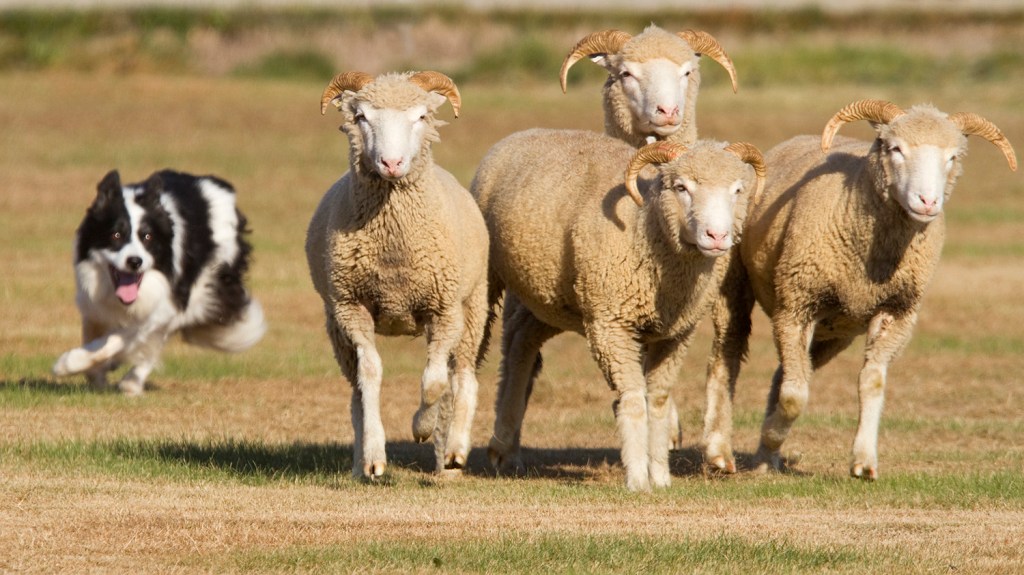
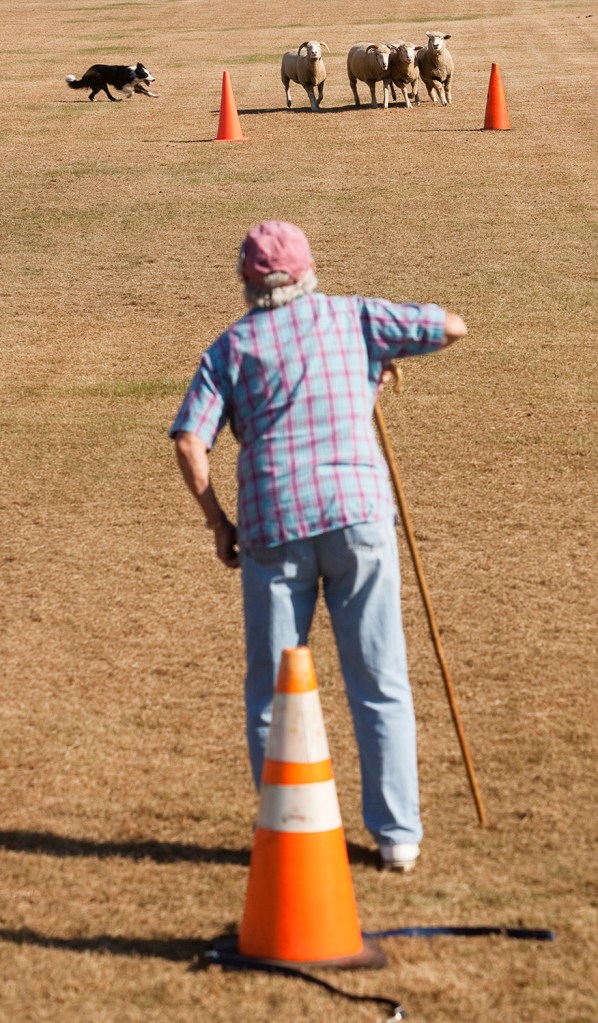
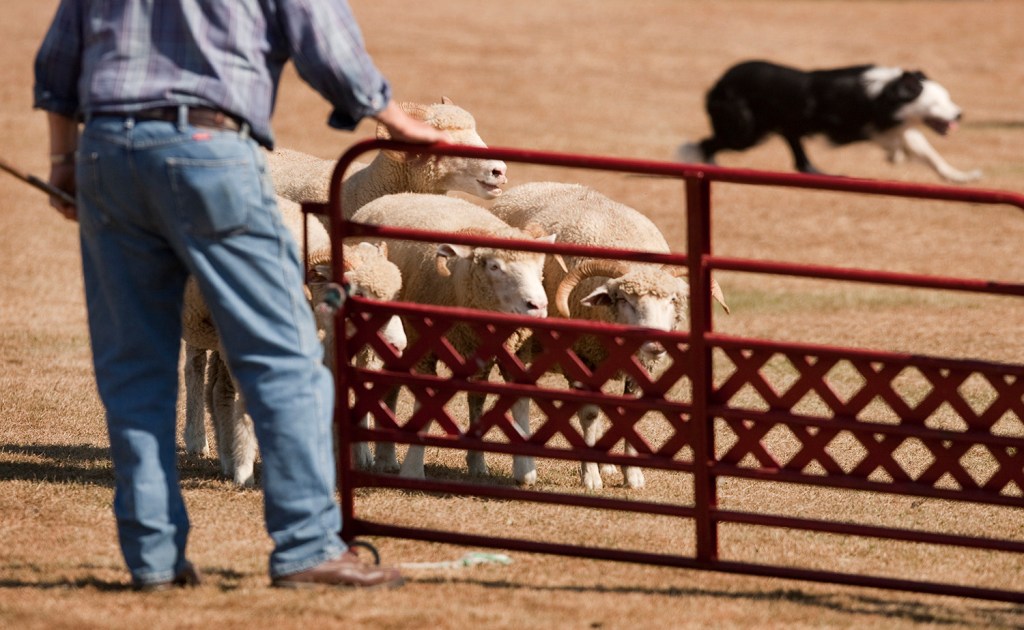
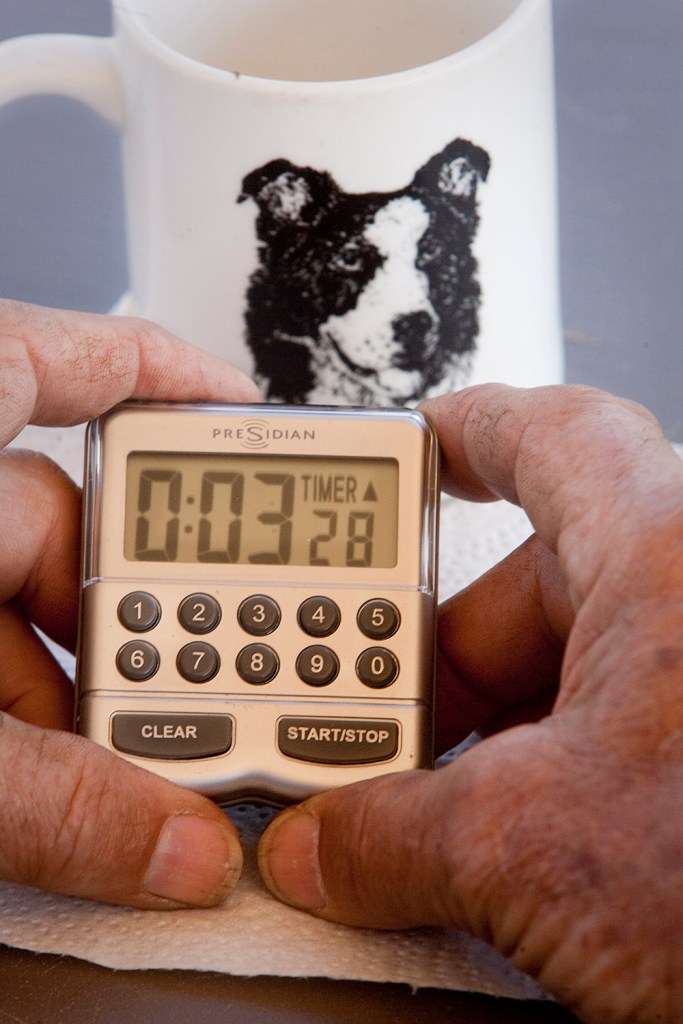
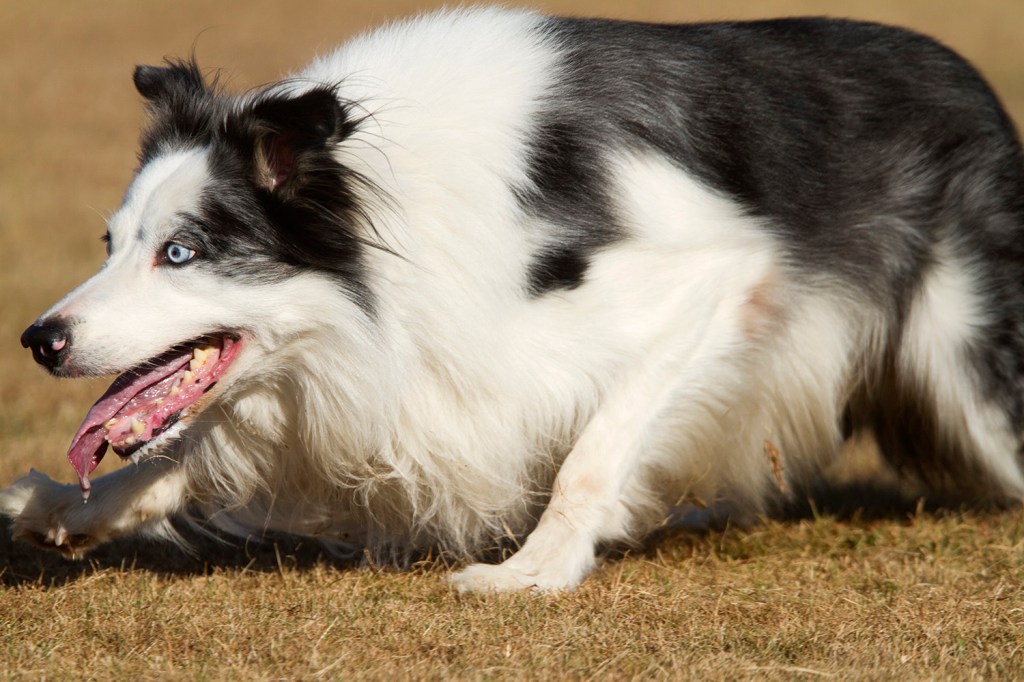
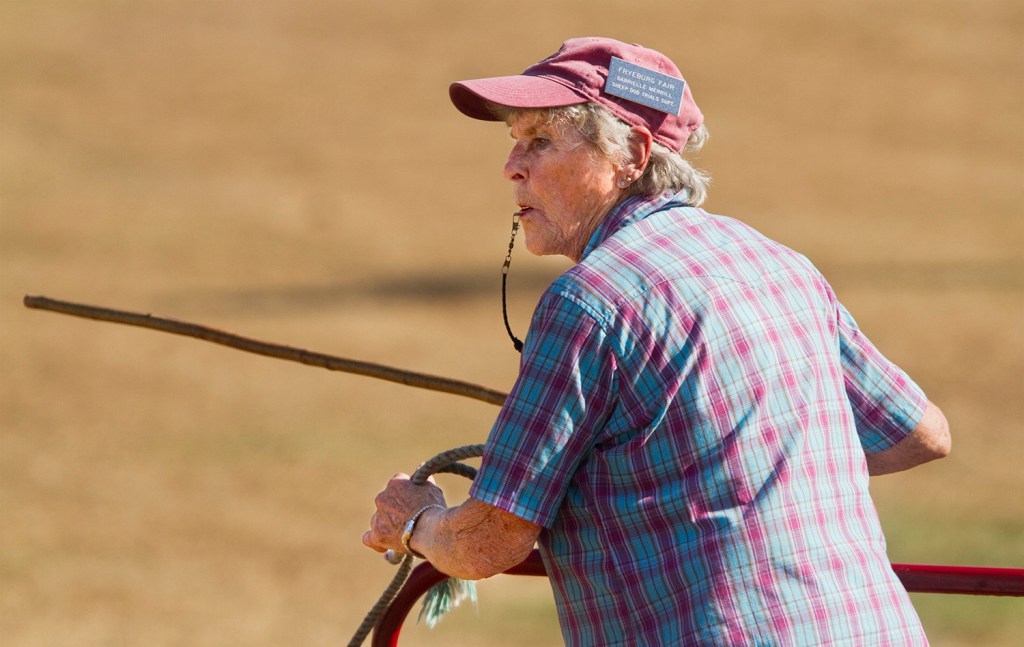
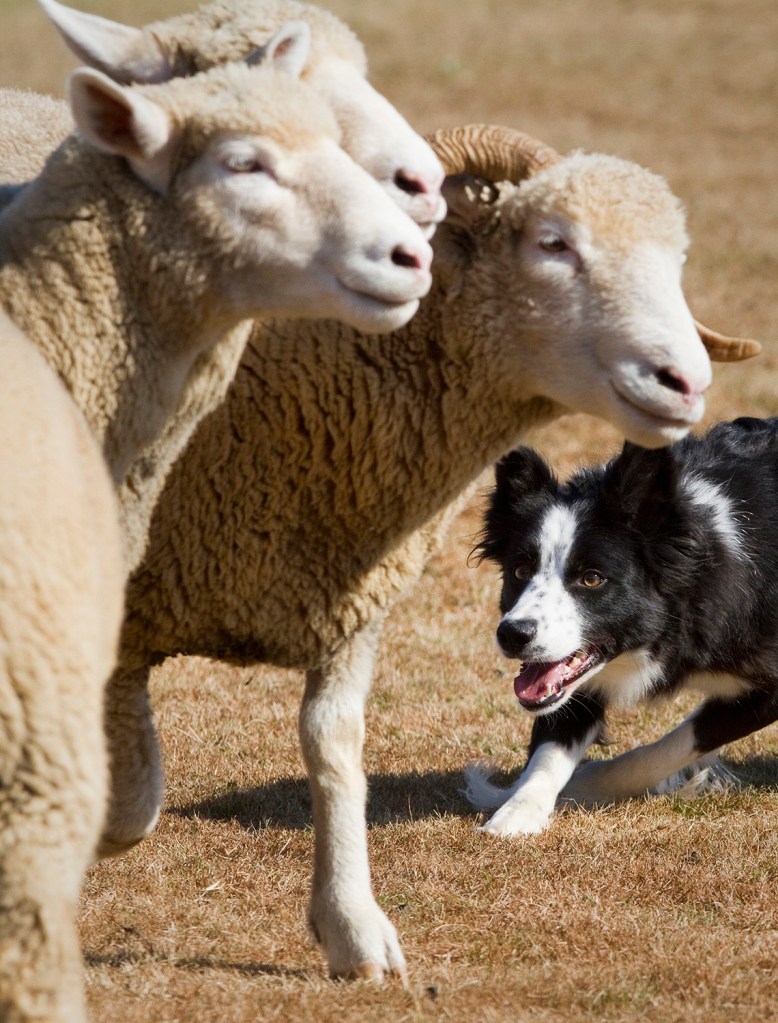
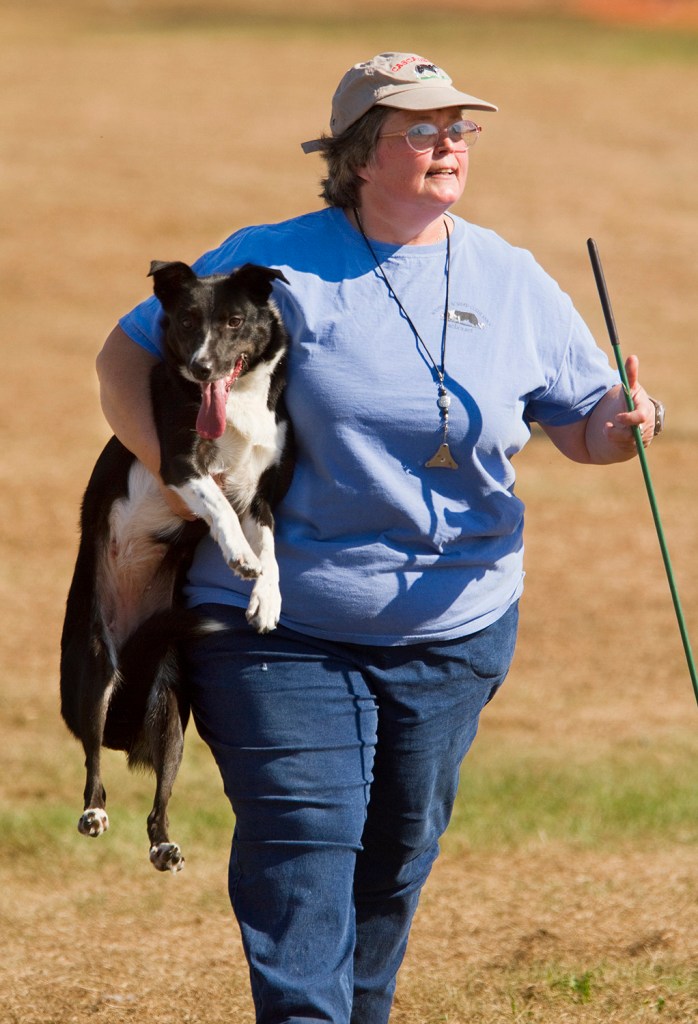

Success. Please wait for the page to reload. If the page does not reload within 5 seconds, please refresh the page.
Enter your email and password to access comments.
Hi, to comment on stories you must . This profile is in addition to your subscription and website login.
Already have a commenting profile? .
Invalid username/password.
Please check your email to confirm and complete your registration.
Only subscribers are eligible to post comments. Please subscribe or login first for digital access. Here’s why.
Use the form below to reset your password. When you've submitted your account email, we will send an email with a reset code.